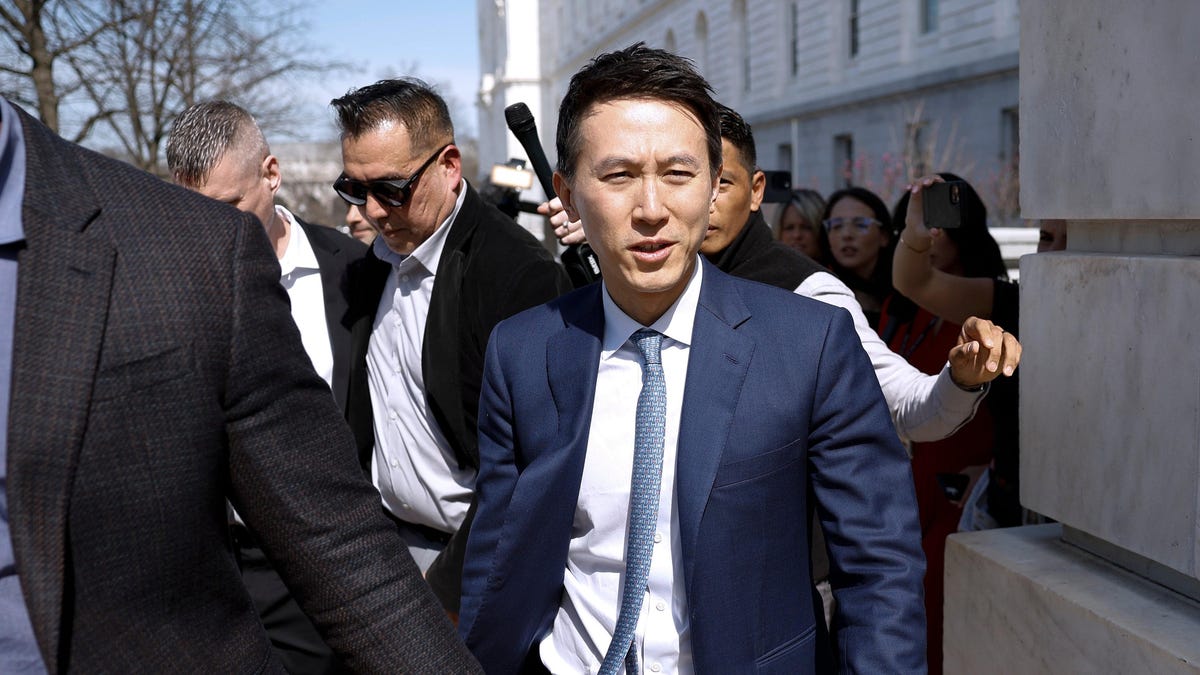Understanding Recommendation Algorithms
Recommendation algorithms, ubiquitous in modern society, play a significant role in suggesting music, TV shows, food, and even potential romantic partners. These algorithms leverage data from past behavior to predict future preferences with remarkable accuracy. Fundamentally, algorithms are a structured set of instructions designed to consistently yield a desired outcome, whether it involves problem-solving or task execution. While the concept of algorithms has existed for centuries, advancements in computing technology have enabled the rapid execution of complex algorithms.
The Netflix Prize: Pioneering Algorithm Innovation
In 2006, Netflix initiated the groundbreaking Netflix Prize, offering a $1 million reward to enhance the predictive capabilities of its movie recommendation software “CineMatch” by 10%. The competition involved the public release of data comprising 100 million ratings of 17,770 movies from 480,189 customers. Participants collaborated through online forums to enhance their algorithms, exploring factors like the timing of movie ratings and viewers’ preferences for sequels based on original likes.
A notable competitor, known as Simon Funk, introduced the concept of singular value decomposition (SVD) to streamline Netflix’s data analysis. SVD identified key movie characteristics, such as genres and actors, enabling more precise recommendations. This innovative approach revolutionized recommendation algorithms and remains influential in algorithmic design.
Historical Significance of Algorithms
- 2000 B.C.: Earliest documented algorithms on clay tablets in Babylonia.
- 820: al-Khwarizmi introduces algebra, from which the term “algorithm” is derived.
- 1842: Ada Lovelace pioneers computer algorithms with her work on Bernoulli numbers.
- 1998: Sergey Brin and Lawrence Page unveil the PageRank algorithm, laying the foundation for Google.
- 2016: TikTok emerges as a global video-sharing platform, powered by algorithms.
The Evolving Impact of Recommendation Algorithms
Over the past two decades, recommendation algorithms have evolved significantly, leveraging advanced data analysis techniques. Platforms like TikTok utilize user engagement metrics to personalize content recommendations, with watch time serving as a crucial indicator of user preferences. However, concerns have arisen regarding the unintended consequences of algorithmic decision-making.
While these algorithms offer convenience, they also influence real-world outcomes. Platforms like YouTube and Facebook have grappled with algorithmic promotion of misinformation and biased content. TikTok, in particular, has faced scrutiny for censoring LGBTQ+ and disabled creators, illuminating the ethical complexities of algorithmic governance.
Challenging Algorithmic Influence
As society grapples with the pervasive influence of recommendation algorithms, critical questions emerge about the balance between personalization and diversity of experiences. The predominance of algorithmic recommendations risks stifling creativity and diversity, limiting exposure to new ideas and perspectives. Understanding the intricate interplay between algorithms and user behavior is crucial in navigating the digital landscape.
Exploring Algorithmic Impact Across Platforms
With platforms like Spotify deploying AI for personalized music recommendations and YouTube driving 70% of views through algorithms, algorithmic influence is omnipresent in our digital interactions. The Netflix Prize competition, with its massive dataset, exemplifies the power of collaborative algorithmic innovation in shaping user experiences.
Each platform’s algorithmic design influences user engagement and content discovery, underscoring the importance of ethical algorithm development. As users navigate an algorithm-driven digital ecosystem, awareness of algorithmic biases and the amplification of certain content is essential in promoting a diverse and inclusive online environment.
Image/Photo credit: source url





